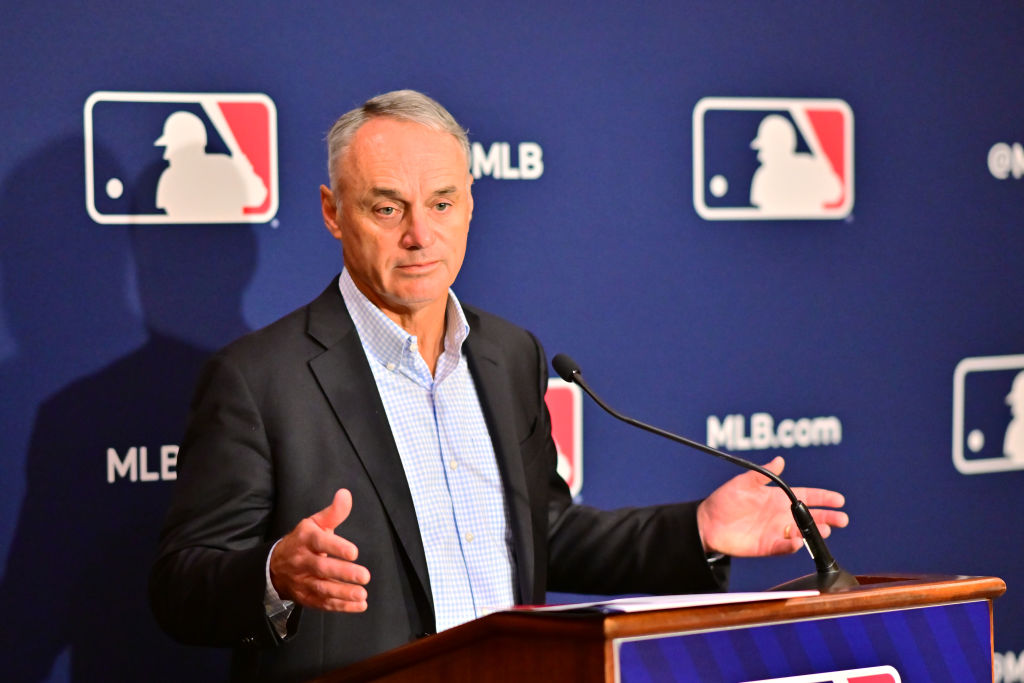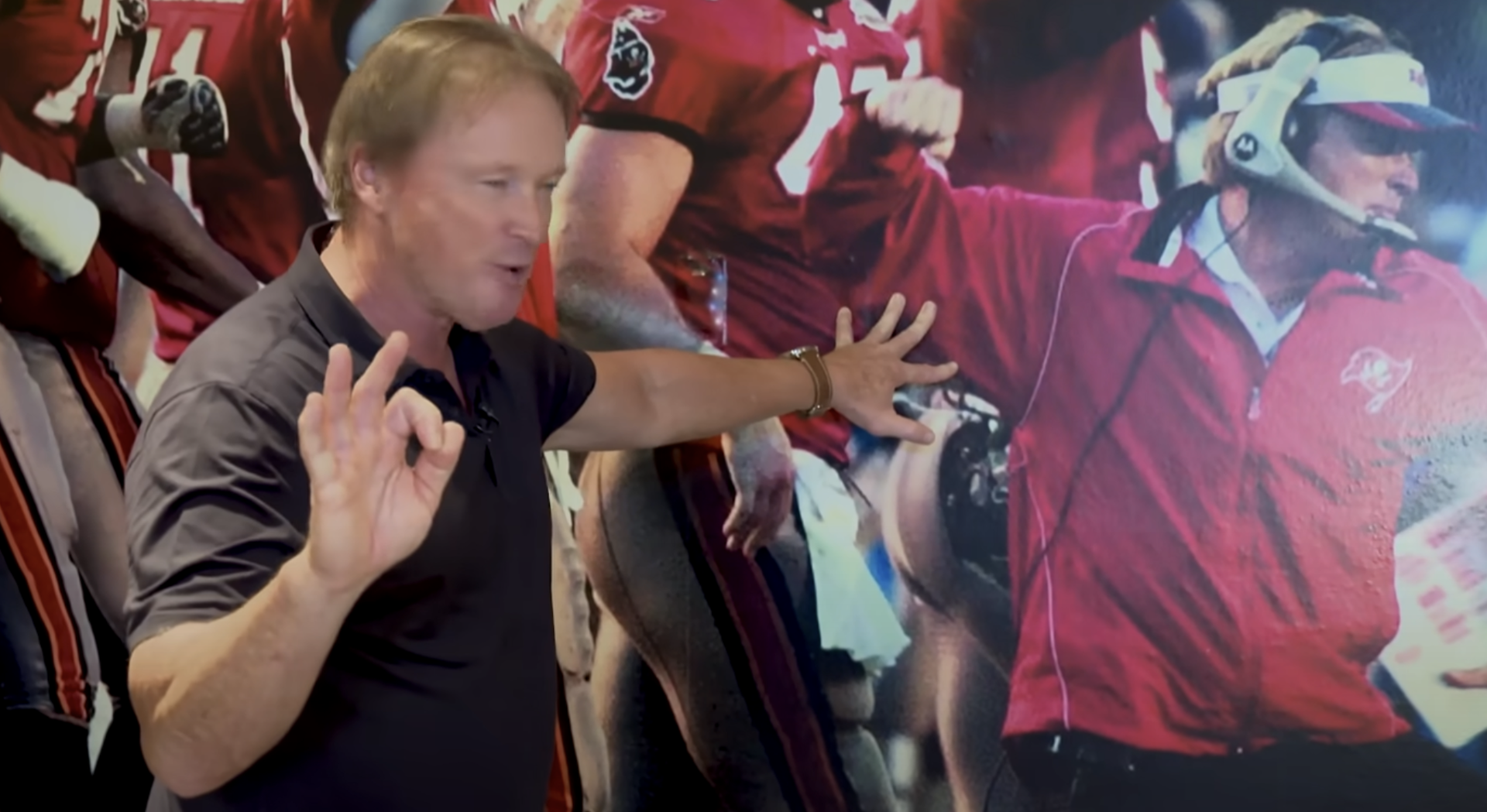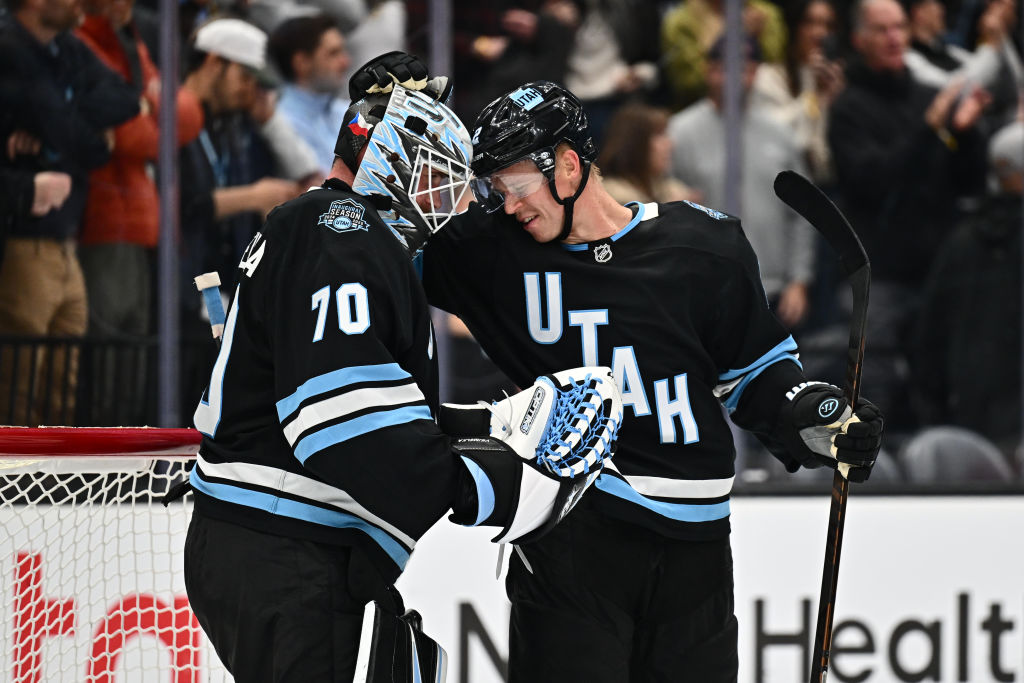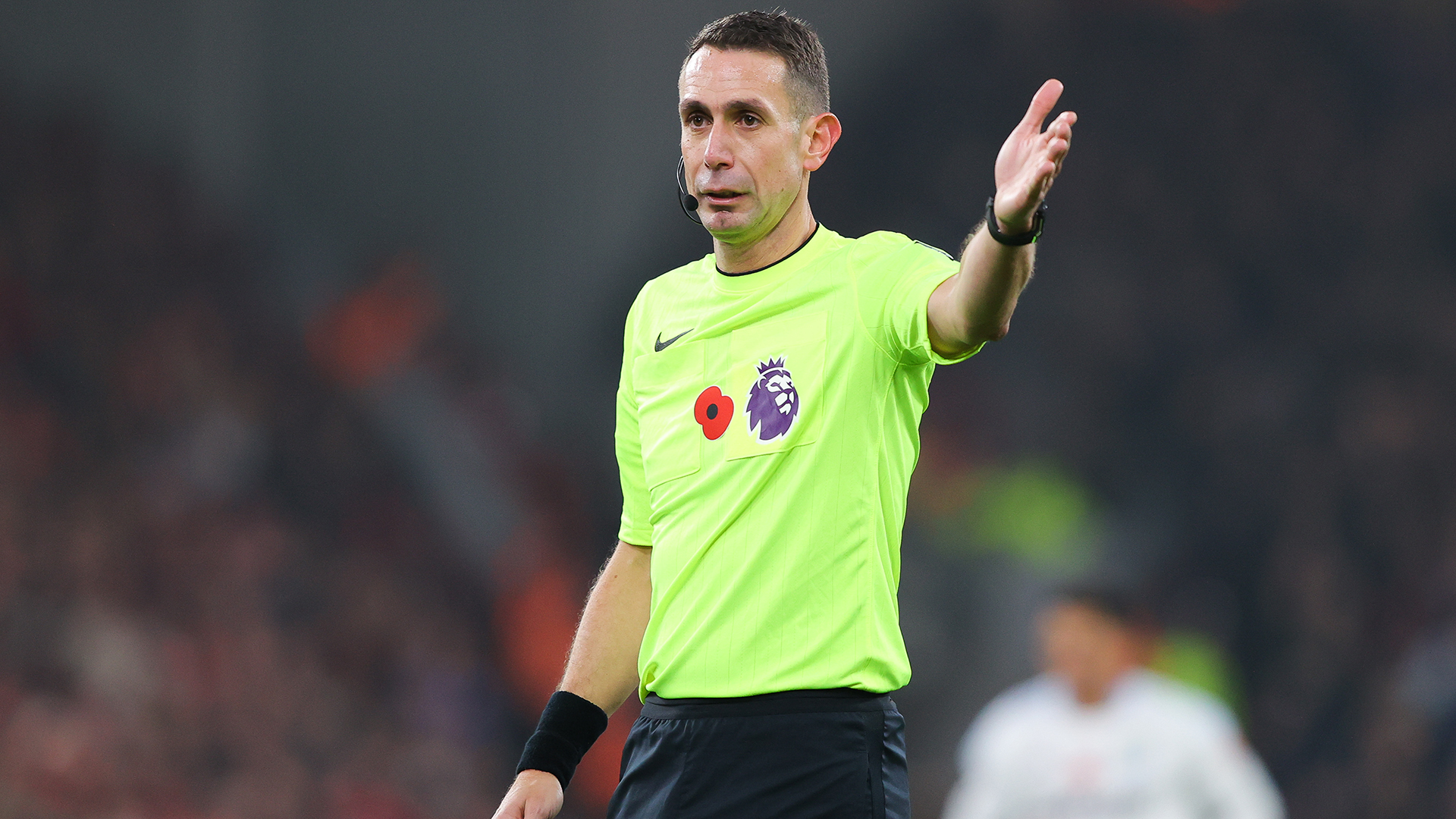On its face, the latest Senate inquiry into baseball's antitrust exemption offers some optimism that the Supreme Court's 1922 mistake could be rectified by law. I mean, it would be better if Congress concentrated on the Supreme Court's 2022 mistake, but what's the point in hope when it comes to this cavalcade of yutzes? Chucky Grassley doesn't like MLB's blackout rules and their effect on his Iowa constituency more than he doesn't like a woman's right to control her own body, and that's the nation we are deconstructing for ourselves.
But this new search into ridding us of baseball's largely unjustifiable map of loopholes has a problem, no matter how justified it might be considering MLB's gutting of the minor league system and continued exploitation of its players, and that problem is that we have been reading about Congressional action against the antitrust exemption for at least 40 years without anything actually being done, let alone ratified. The exemption lives on, unaffected even by that rarest of governmental recreations, the bipartisan committee. In this case, Grassley is joined by Illinois Democrat Dick Durbin, Utah Republican Mike Lee, and Connecticut Democrat Richard Blumenthal.
Congress' most enduring legacy is fecklessness in the face of money, which most laws are created to regulate in one way or another. The same complaints about baseball's middle finger to the antitrust laws have been raised for decades without anything ever actually reaching the floor of the Judiciary Committee break room, let alone the floor on the Senate. And given the hyper-contentious hatefest that is the modern American political system, we can predict with some certitude that the final vote in this latest failure will be 50-49, with Joe Manchin sitting it out because he couldn't attach an amendment that forced Pirates owner Bob Nutting to subsidize the coal industry for the next 30 years.
But for one of the rare moments in modern politics, this is something that needs doing enough to make a Democrat actually speak to a Republican and vice versa. It isn't the kind of legislation American cannot do without, but it could be a starter kit for bipartisanism that has been largely outlawed in our nation's stumbling toward a second civil war. Maybe taking on something as basically objectionable as baseball's cavalier attitude toward its own industry's well-being will reintroduce them to the idea that cooperation in small things could lead to cooperation on ...
... well, let's not lose all perspective here. This inquiry is the equivalent of sighting a great white elk, and nothing more. Bipartisanship here will serve as no guide to a better future for other social needs that are going either unaddressed or actively suppressed. Plus, nothing's going to happen this time either because Congress is where good intentions go to be starved to death, and we'll be navigating this particularly tiny thicket of inequality as a reminder that all the larger thickets will be allowed to thrive untended as they have since the 1960s. Getting rid of baseball's antitrust exemption and all the anticompetitive evils it allows is an objectively good thing, but it is being undertaken in the place where good things go to be made worse.
But it will keep four senators busy fostering the illusion of bipartisanship as a fig leaf homage to a time when America wanted to stand for something noble, or at the very least more in line with the wishes of its people, so I guess that's something. Just remember that if this was a real threat, baseball would respond by putting the Orioles and Nationals into the playoffs even though their records do not make that possible under the present system. Sure the minor leagues will continue to be strangled, but there will be tickets to see Anthony Santander and Dee Strange-Gordon playing in the World Series Nobody Asked For.
And if by some miracle Grassley and Durbin and Blumenthal and Lee actually overcame their own institutional inertia and made this happen, it would almost surely be done in such a way that all the other moneymaking sports would get their own exemption as well, rather than have the exemption eliminated entirely. Never bet against the money winning.





